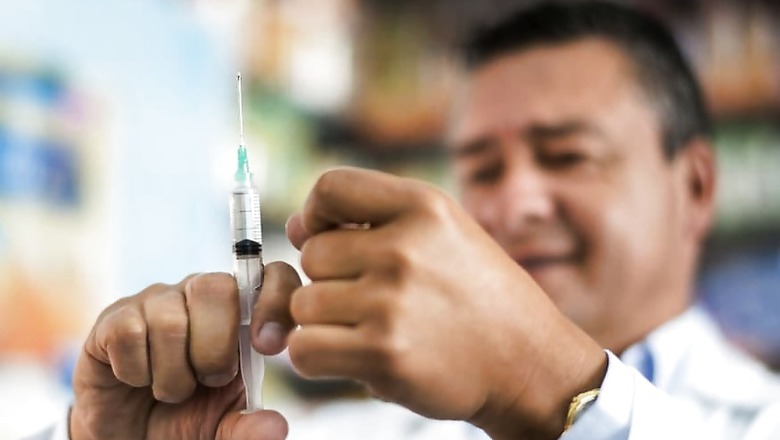
views
New Delhi: Haryana's Mewat, a district that was declared India's most backward by Niti Aayog this year, is taking small steps to empowerment with its women. The female residents are often seen at community medicine outreach centre at Nagina to get an injectable drug. But none of them inform their family members about the true purpose of their visit.
According to a report in the Indian Express, the drug being administered are injectable contraceptives that have become a tool of empowerment for these women in Mewat. The report quoted a senior official in Health Ministry as saying that before rolling out the programme, a conscious decision was taken to not make husband's consent mandatory for getting the shots.
"Many countries have that condition but we wanted it to be a tool for woman's empowerment where they alone can take a call on their bodies," he said. And, perhaps, the move has shown results in Mewat, where women get the shots without their families' approval, who are mostly against contraception.
"Every month we administer about 30-40 shots. Many women take them without telling their families. It remains effective for three months and there is a window of three weeks after that; that flexibility works for them," the report quoted a doctor as saying.
Deoxymedroxy progesterone acetate is an injectable drug that prevents pregnancy by stopping ovulation — the release of an egg from ovary — by blocking the rush of Luteinising Hormone that causes ovulation. Without ovulation, egg and sperm cannot meet to form a zygote, the possible implantation of which makes a woman pregnant.
A woman who has come from Bhadas, said, “I am 25. I have been married for about 9 years and have six children. I am pregnant almost every year, it takes a toll on my body. We are very poor. How will we feed so many people? My in-laws think contraception is a sin and my husband agrees. But I don’t want babies anymore. I want to bring up the children we have, send them to school.”
Across the country, about 4.5 lakh injections have been administered in a little less than a year. An official said, "The programme officially started in 2016 but the injections came in last year. Under the programme, the injections are given for free, but one shot can cost between Rs 100 and 300 outside. The programme is doing very well in Rajasthan and Bihar. We are not talking about fertility anymore. The focus of family planning has now shifted to spacing."















Comments
0 comment